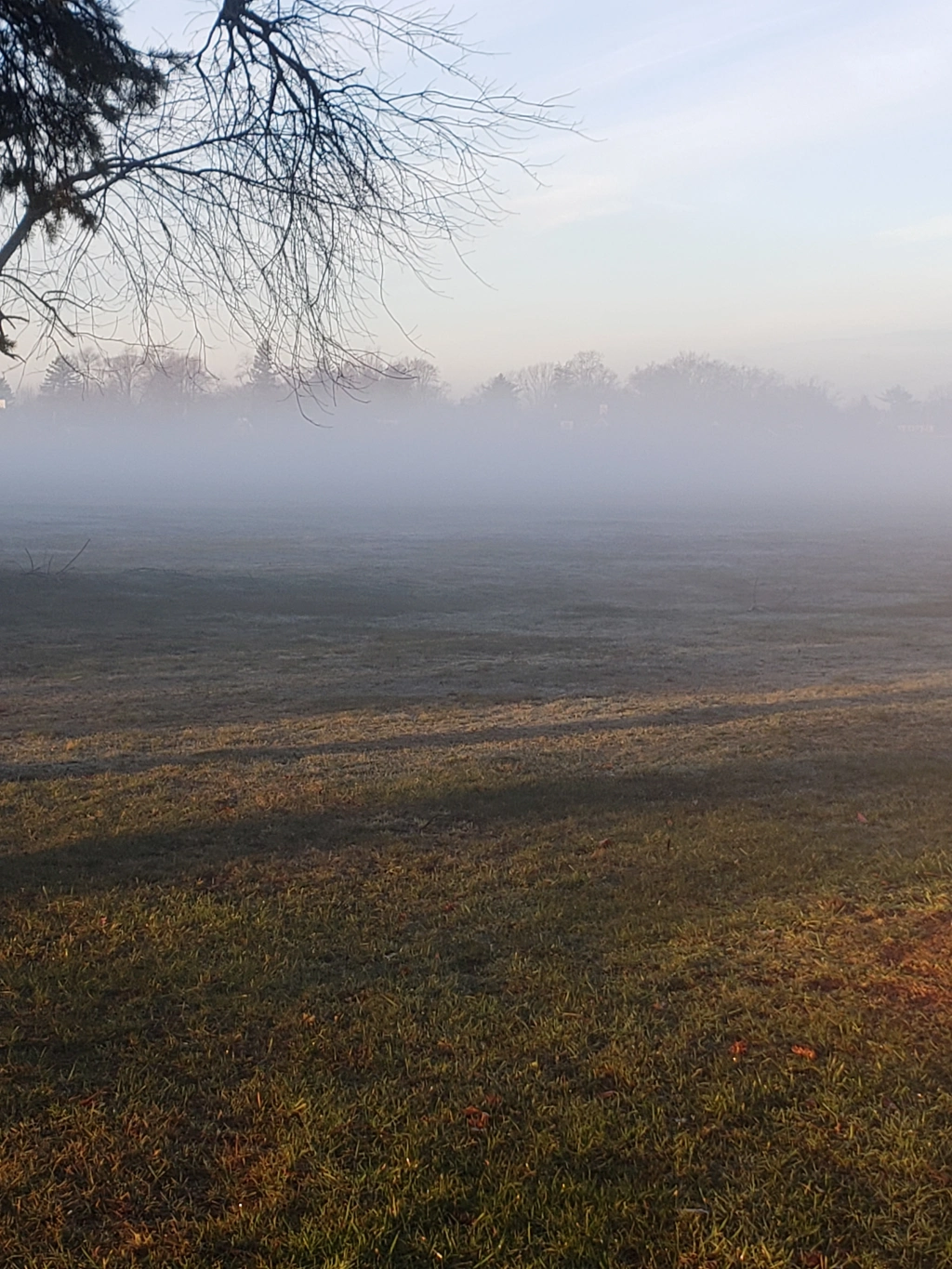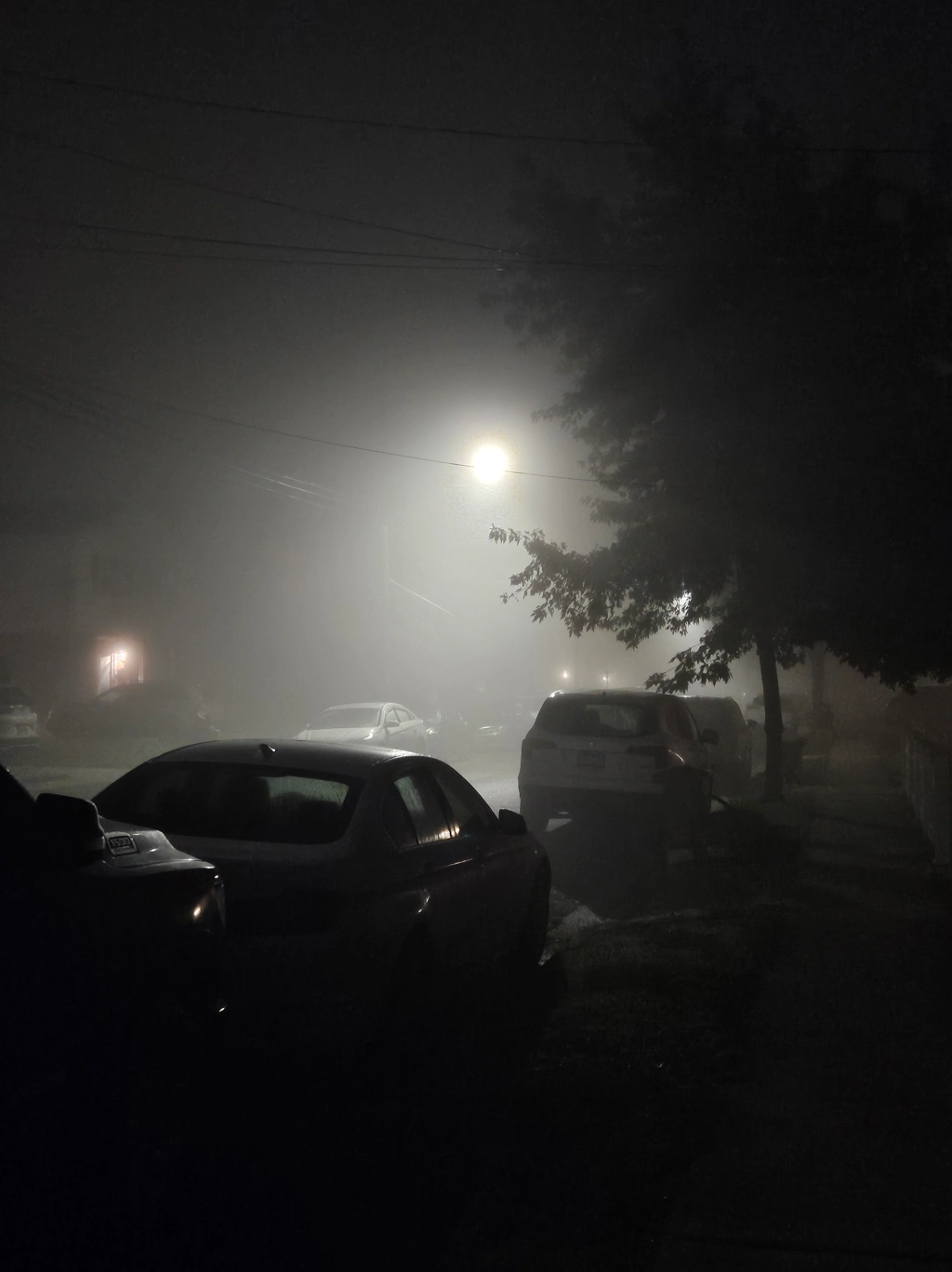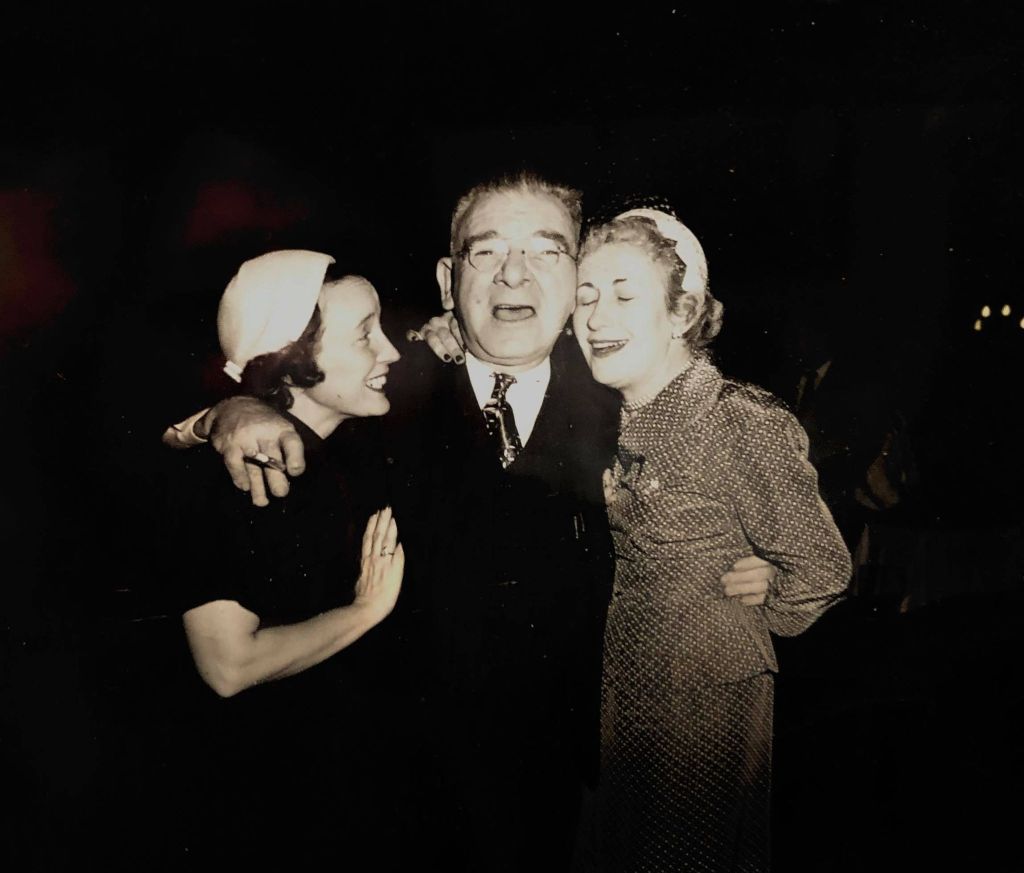
Oliver de la Paz is a widely published poet with five books of poetry, including Names Above Houses, Furious Lullaby, Requiem for the Orchard, Post Subject: A Fable, and, the subject of our interview, The Boy in the Labyrinth. He currently teaches at The College of the Holy Cross and in the Low-Residency M.F.A. Program at Pacific Lutheran University. In this interview, we discuss some of the difficulties with writing about family, the life of a parent, and writing catharsis.
Let’s start with some cliché, shall we? How did you get into writing? Specifically, writing poetry?
Well, I was always a reader. I’m an only child and in the mid-70s my family moved to a remote town in Eastern Oregon. There was no one there who looked like us and so my refuge was the public library. I went multiple times a week. I was a voracious reader then. My parents, when they were starting out as new immigrants, ordered a subscription to Reader’s Digest, which at the time was widely read (I’m not sure about that now). As part of their subscription package they got to pick a book from the catalog and my dad chose The Selected Poems of Robert Penn Warren. It was an odd choice, but I think Penn Warren’s novel All The King’s Men was getting a lot of buzz, so my dad wanted to jump aboard that train.
Anyway, I discovered the poetry book in my parents’ library and was fascinated by the line breaks and spacing. So I attempted to emulate the shape and structure of the words by using my parents’ typewriter. It was the typewriter that got me writing. There was something about the physical sound of the hammers hitting the paper and the kinesthetic movement of the carriage return that really set me off.
Is there something specific about poetry that brings your story to life?
Poetry’s brevity and compression means that I as a writer endeavor to make the reader feel an emotion or enter a state using the sound of words. There’s magic in that act–to be able to sway or influence through language. Does that bring my story to life? Sure–I think as that lonely kid that I talked about above I was always reaching outward towards someone. I was always looking to make connections and through poetry and poetic language, I was hoping one of the ways that I was conveying information would leave an indelible impression.
One of the very first lines of The Boy in the Labyrinth is “I’m sorry for writing this, but I have to.” I know it can be difficult to write about people who you know will read it eventually. Have you run into complications with friends or family because of your writing in the past?
My family is very understanding, but they also don’t read any of my stuff! So no, I haven’t had any complications so far.
I had a conversation with my sons about the book and I told them that it was about them but not for them. They understood. Ada Limón, in a conversation on the Commonplace Podcast run by Rachel Zucker, talked about poems that may hurt family members and I think if faced with a similar situation I’d act accordingly. She said that she shares poems with people who are mentioned in her work before publishing them and if they don’t like the work, she’d pull them. The same case is true for me.
Right now, my kids say they are okay with me writing these very personal poems where they’re featured. But in ten years or so they might not be okay with it and then I’ll have to revisit my relationship with the work. But I also don’t let such apprehensions stop me from writing as honestly and personably as I can.

Writing about family can create a blockage with the writing process, at least in my personal experience. Have you encountered this at all in your writing?
Not a blockage–just a mistrust in my own judgment about whether or not something portrays someone in a fair light, but that primarily comes in at the publication stage. My first role, always, is as a member of my family and so if there’s anything that may cross boundaries that I shouldn’t cross, I have to spend a little time reflecting on whether it is in the best interest of my first role that a thing be published.
I have held onto things for years before pushing them out for public scrutiny. And honestly, because I value my first role and because I’m often thinking about my young family sometimes it’s okay to not put something “out there.”
You have what I might call an analytical approach to poetry in The Boy in the Labyrinth– you do a great job emulating the labyrinthine concept of medical paperwork, for example, as well as questionnaires and episodic prose sections. Was it difficult to write in these almost rigid frames while still keeping the fluidity of poetry?
I actually prefer a frame to write in–not necessarily something in a traditional form, per se, just a guiding template. Thinking about the limits of a frame often grants me a way to critically think through a problem. I grew up in a house filled with medical textbooks and health questionnaires and I used to fill out reports as part of my living. For a few years I was an EMT in LA County, so the questionnaires are a familiar form and one that I knew was limited. A lot of what you see me doing when I work within these templates is troubling the template–finding ways to make more possibilities from a restricted space. And often, when I’m writing in these templated spaces, I ask myself whether it is possible for me to say something beautifully in those spaces.
Was writing this book cathartic? Did it help alleviate the constant emotional strain that is parenthood, or did it perhaps help you categorize your thoughts? I suppose the root of my question is this: was the intention of this collection written mainly for yourself and your experiences, or for others who are dealing with similar circumstances as your own?
At the time I started writing the work, I was consciously reaching for an audience and that audience was parents who were going through similar issues. I must say it encouraged me to do research and to learn as much as I could. Writing the book took me ten years and some of my thinking now is asynchronous with the person and parent I am now. That’s the funny thing about writing a book–you sometimes go into it with one set of intentions and over time your circumstances (life situations and general knowledge) change. I’ve learned so much from the team of specialists that have worked with me and my kids. I’ve learned a lot from the ASD community, many of whom are talented writers who advocate for themselves. And I’ve learned that my experience is my experience and that perhaps there’s comfort to others in articulating that.

Sunny Leigh is a recent graduate from The College of Saint Rose in Albany, NY, where she received a Bachelor’s Degree in English. She’s worked on the college’s newspaper, The Chronicle, as a staff writer. She is also a former managing editor of Pine Hills Review.
Image: Caleb Young




